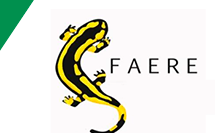This paper examines the welfare consequences of private provision of sustainable goods in output markets with product differentiation. In our setting, consumers can be prone to engage in sustainable consumption, product sustainability imposes costs on firms (e.g., from investments to reduce polluting emissions) but yields welfare externalities, and firms decide both whether to invest in product sustainability and whether to enter the industry of the sustainable product. We find that the interplay of sustainable consumption and firm entry impacts on private incentives that determine the degree of product sustainability. From that interplay, the equilibrium degree of product sustainability can be insufficient or excessive relative to the socially optimal configuration because firm entry rises aggregate output and increases consumer participation in the market, but it also reduces private incentives to provide consumers with sustainable products.




